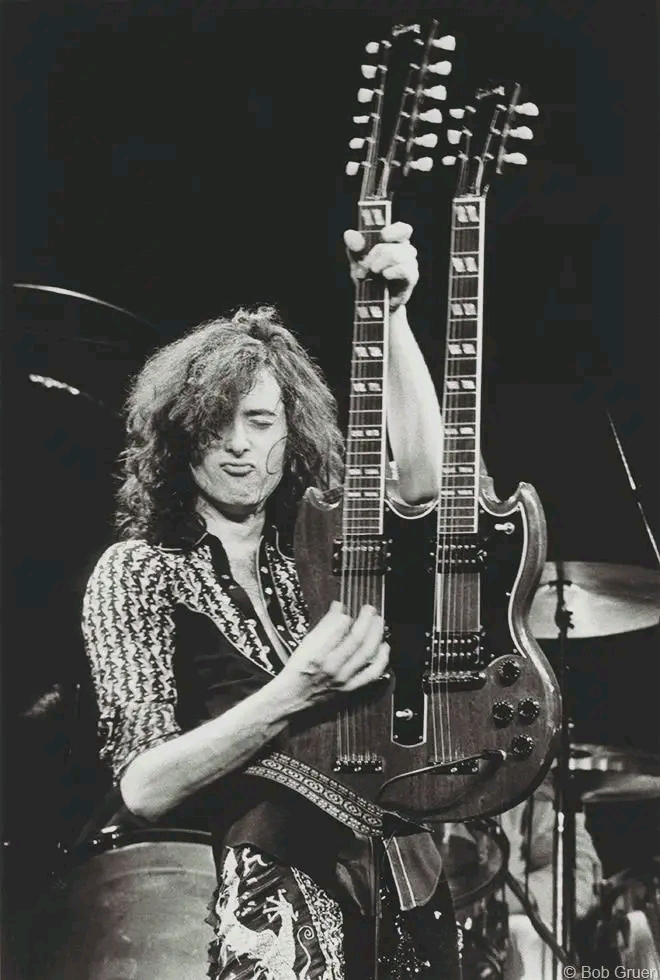Jimmy Page: Why He’s Rightfully Called the Guitar Wizard
In the pantheon of rock music legends, few names command as much reverence and awe as Jimmy Page. Best known as the founder and lead guitarist of Led Zeppelin, Page’s reputation as the “Guitar Wizard” is no exaggeration—it’s a title earned through decades of innovation, virtuosity, and mystique. But what truly sets Jimmy Page apart and justifies this mythical moniker?
Page’s journey into musical mastery began well before Led Zeppelin. As a young session musician in the 1960s, he played on countless tracks for artists like The Who, The Kinks, and Donovan, often uncredited but always impactful. His ability to shift styles seamlessly—from blues and rock to folk and psychedelia—demonstrated his deep understanding of music and his uncanny ability to shape sound. When he eventually joined The Yardbirds and later formed Led Zeppelin in 1968, Page was already a seasoned professional with an arsenal of sonic tricks up his sleeve.
What earned Page the “wizard” status, however, wasn’t just technical proficiency—it was his approach to the guitar as a tool of storytelling and magic. With Led Zeppelin, Page introduced the world to guitar riffs that were both brutal and beautiful. Songs like “Whole Lotta Love,” “Black Dog,” and the iconic “Stairway to Heaven” feature riffs and solos that transcend time, showing off not just skill but an innate ability to evoke emotion and atmosphere.
One of the most distinctive elements of Page’s playing is his use of alternate tunings, effects, and unconventional techniques. He famously used a violin bow on his guitar, creating eerie, otherworldly sounds that stunned audiences. He experimented with reverb, delay, and layering in the studio, pushing the boundaries of what rock music could be. Tracks like “Dazed and Confused” and “Kashmir” reflect his desire to merge Eastern music influences with Western rock, creating a truly mystical soundscape.
In live performances, Page’s charisma and stage presence only reinforced his legendary status. Clad in dragon-embroidered suits and often surrounded by smoke and lasers, he performed extended solos that felt more like rituals than mere displays of talent. His double-necked Gibson guitar became a symbol of his theatrical style and technical dexterity, especially on songs like “Stairway to Heaven” where he seamlessly moved between acoustic and electric sections.
Even off-stage, Page cultivated a persona shrouded in mystery. Fascinated by the occult and the works of Aleister Crowley, he brought an esoteric edge to his artistry that further fed the “wizard” image. His interest in the mystical wasn’t just for show—it influenced his music, his lyrics, and his approach to creativity.
In every sense, Jimmy Page redefined what it meant to be a guitarist. He wasn’t just playing chords—he was casting spells. That’s why, even decades later, he remains the Guitar Wizard, an alchemist of sound whose influence is etched into the DNA of rock music.
Would you like this formatted as a printable article or blog post?
